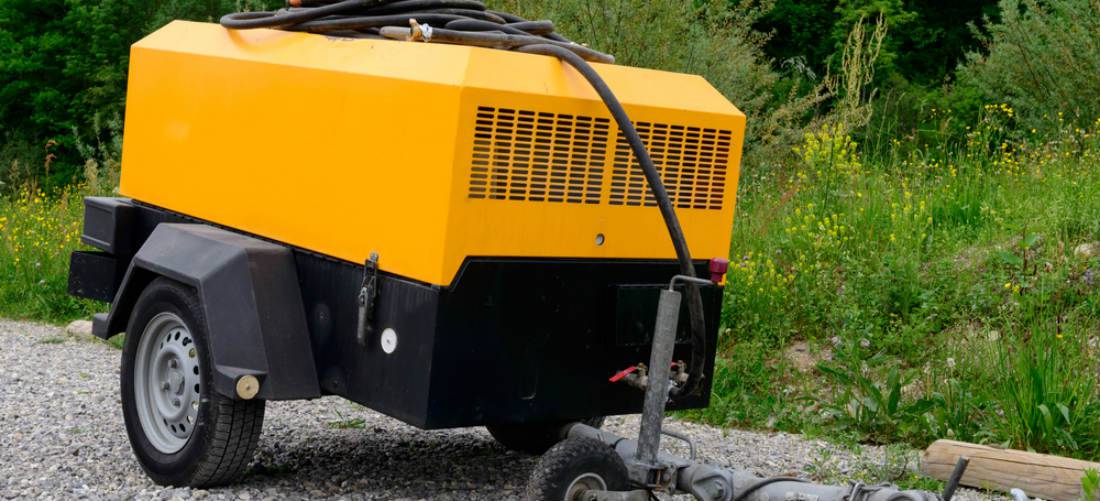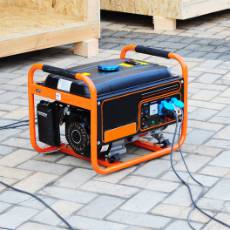Which fuel source is right for your home generator? Comparing propane and diesel pros and cons
A home generator can be a useful convenience during storms or times when electrical outages are expected. A quality home generator can even save lives, especially in homes where individuals rely on medical equipment. Electric generator costs can be confusing to homeowners, and it can be difficult to determine what generator type will be cost effective over time. The original price of the generator is the first concern, but homeowners should also consider the advantages and costs associated with generators running on diesel or propane.

Advantages and Disadvantages of Diesel Fuel
The diesel used in home generators is the same fuel that's pumped out of diesel tanks at the gas station, which makes it an easy-to-obtain product.
Here are a few other benefits of using a diesel-powered generator: propane vs diesel
- Diesel is a stable fuel that is less flammable than some other products.
- The life of a diesel-powered engine usually ranges between 10,000 and 15,000 hours and can sometimes be extended with proper maintenance.
- Diesel engines are designed for use in a range of environments, including in extreme cold.
Diesel is not the best choice for everyone, however.
Some possible problems with diesel-powered generators are highlighted below:
- Diesel has a shorter shelf life than other fuel products, making it difficult to save for future events.
- Diesel engines are generally optimized for heavy, consistent use. Homeowners who use the generator infrequently may not receive the highest level of efficiency from the motor.
- Power outages can make it difficult to obtain fresh diesel supplies from local gas stations.
- Diesel generators can succumb to a phenomenon known as wet stacking. This occurs when the engine is run for a long period of time at a light work level, causing the injectors to carbonize and resulting in smoke and poor motor operation.
Advantages and Disadvantages of Propane Fuel
Propane is another popular choice for home generator owners.
Benefits of using propane can include:
- A longer shelf life without the need for additives.
- Home delivery of the fuel for those who are unable to frequent a gas station.
- No problems with wet stacking.
- A quieter motor in most propane-powered generators.
Overall, propane is considered to be a convenient and easy-to-use option, especially for residents who use propane for regular heating or other purposes. When using a whole home generator, it helps to have a large supply of fuel already on hand. Propane does have some disadvantages, though.
- Propane is stored in pressurized cylinders and is highly flammable. Although many people store such tanks on their property for years without incident, there is always a chance of fire or explosion.
- Some homeowners consider large propane tanks to be an unattractive addition to their landscape.
- Propane is not stable at temperatures far below zero.
- Propane-powered generators have about half the life expectancy of diesel-powered generators.
Cost of Propane Generators vs. Diesel Generators
Electric generator costs range from approximately $500 to over $15,000 depending on fuel type and power level. Homeowners should also calculate the price of fuel and maintenance when considering costs. In some areas, propane costs more per gallon than diesel. This can increase the amount you spend over time, making a diesel engine a more economical purchase.
Homeowners should also consider motor benefits and disadvantages in order to choose the item that best fits their financial and practical needs. Calculations for overall electric generator costs should also take motor life into account, as homeowners who use the generator regularly may need to pay for a replacement at some point.













Write a Comment